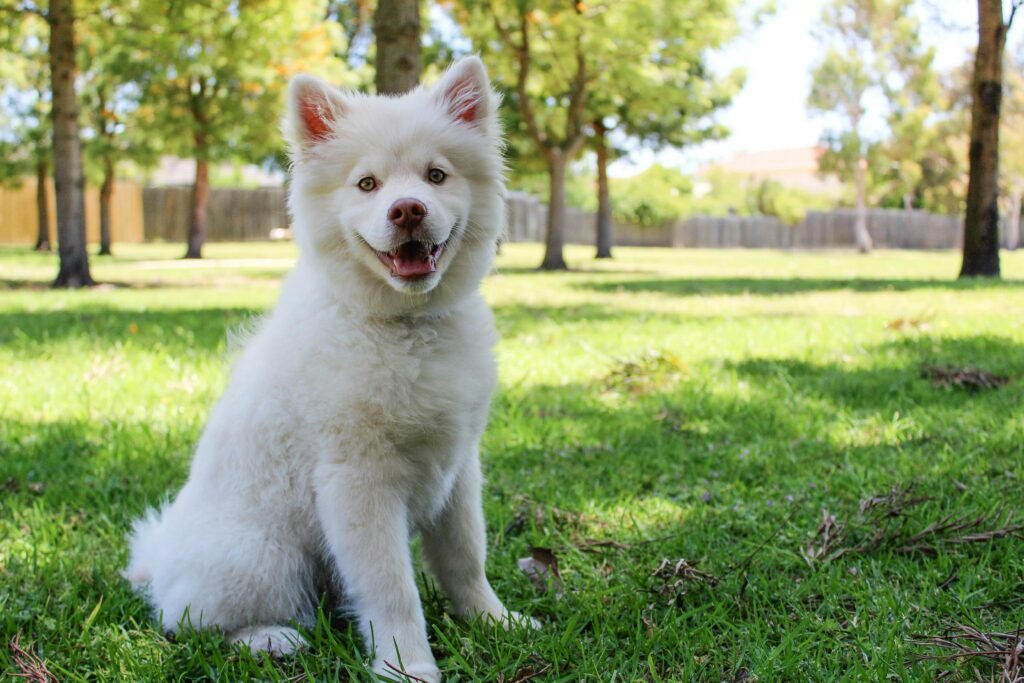Things You Need To Know About Your Dog

Dogs are the companions humans have needed all along. Their whimsical nature brings bundles of joy, and a little chaos into our homes. As their caretakers, it’s our responsibility to know a few key tips on how to care for them, so they can live a happy, healthy life. And in return, they do what they do best, love us unconditionally and guard us like family.
Below are few important points you need to know about dogs as pet wonders
1. Ticks in Dogs
Ticks thrive in humid and shady environments, they’re most commonly seen during the spring season. Heavily coated dog breeds are especially at risk during this time, as ticks tend to hide in warm, hard-to-reach areas like behind the ears, between the paws, and around the belly. These spots provide the perfect hiding place for ticks to settle and multiply.
If a tick infestation grows unchecked, it can lead to serious health issues for your dog, even irreversible diseases in severe cases. That’s why it’s essential to keep your dog’s vaccinations up to date, inspect them regularly for ticks, and act fast at the first sign of trouble. If ticks are found, use the proper medication, consider giving your dog a haircut to reduce hiding spots, and maintain a clean, dry environment.
While dog ticks rarely bite humans, quick treatment is still crucial, as ticks reproduce very quickly and can become a major problem if ignored.
2. Is My Dog In Pain?
Our speechless companions suffer in silence, which is why it’s our duty as pet parents to recognize changes in their behavior and help them toward a full recovery. There are several behavioral signs dog owners can watch out for to detect if something is wrong.
Signs such as antisocial behavior, loss of appetite, excessive panting, licking around internal or external wounds, limping, agitation, trembling, or noticeable changes in sleeping patterns can all be indicators that your dog may be in pain—and in need of a vet visit immediately.
Just like humans, some dogs may refuse to eat when they’re in pain. But proper nutrition is crucial during recovery. Owners can try using chewable medications or hiding pills in their dog’s favorite treats or meals. And don’t forget—always offer plenty of fresh, clean water to keep them hydrated.
3. Importance of Dog Training
Dogs are incredibly versatile animals, but they often need firm and consistent guidance to be a little less chaotic. Training a dog doesn’t just result in better behavior, it also contributes to a longer, healthier, and more fulfilling life for them.
With the right amount of training from a young age, paired with their favorite treats as incentives, a well-trained dog can grow into a true guardian and loyal companion for the whole family. Training also helps build confidence, prevent bad habits, support potty training, and develop effective socialization skills.
It’s often recommended to either send your dog to a training camp for a couple of months or hire a part-time trainer, while the owner handles the rest of the follow-up training. Keep in mind that once a dog passes the optimal age for learning, training can become more difficult and time-consuming compared to training a young puppy.
4. Why Is Chocolate Not Good For Dogs
Yes, chocolate is actually toxic for dogs. It contains two compounds theobromine and caffeine which can mess with their system in serious ways. These substances can cause increased heart rate, high blood pressure, restlessness, tremors, and even seizures in dogs.
Although eating chocolate rarely turns fatal, it can still make your dog really sick. That’s because dogs process theobromine and caffeine much slower than humans do, which makes them much more sensitive to their effects. So no matter how much those puppy eyes beg for a bite of your brownie, keep the chocolate far, far away!
5. Rescue Dogs From Their Shackles
Every year, thousands of dogs are abandoned by their owners across the world. These poor animals are left with no choice but to survive in overcrowded shelters, waiting for someone to give them a second chance. Dogs aren’t objects to be bought—they are companions to be adopted, nurtured, and loved. Rescuing a dog and giving them proper training, a safe shelter, and genuine affection can add a million bonus points to the scoreboard of life. It’s never too late to change a dog’s life. Make the right decision, and you might just save theirs, while they change yours in return.
With that being said, if you’re a dog owner, there are a bunch of things you need to know to keep your furry friend healthy and happy. These points might seem trivial at first glance, but they’re often overlooked by many. It’s always better to learn something new than to assume you already know everything. Caring for a dog can sometimes feel like high maintenance, but trust me, every bit of effort is worth it when you see that wagging tail and those loving eyes looking back at you.

